It is important for my patients to be educated about their disease. I try to teach by explanation, instruction and answering myriad questions. The Internet is wonderful; support groups are great and second opinions help fill gaps of knowledge. I recommend appropriate reading. However, Salina may have misunderstood my urging or perhaps just taken things a bit too far. She wondered if I knew a good book or pamphlet, which can help her better plan. Plan better for the afterlife.
Salina has a chronic cancer with a good prognosis. She can expect to live many years and she will feel well most of the time. However, Salina informed me that the waiting is driving her crazy. Therefore, instead of reading about exercise, the immune system, better nutrition or treatment choices, she has been collecting and reading tomes on end-of-life, the process of dying and estate planning. As a “fallen” Catholic, Salina has become frustrated that there are apparently no practical guides for what to expect and how to be organized, after she has died.
After a brief moment of shock, it occurred to me that this raises several issues. The first is that despite successful control of her cancer, Salina has lost hope or at least lost an excitement for living. I have failed to convince her, to reassure her, that she does not need to be concerned that everyday will be her last. Cancer patients, “survivors” or not, often, maybe constantly, feel that dread in the back of the head, that anxiety, that the disease will blossom. In its extreme form, known as Damocles Syndrome, this fear can dominate every moment, and suck away any chance of joy.
Salina has gone beyond this feeling. She does not necessarily dread the return of the disease; rather she expects exploding cancer at any next moment. She has achieved a calm acceptance, an “understanding,” that death will arrive, and arrive very soon, despite the reality that unless an unexpected calamity occurs, she has years of “healthy” life ahead of her. She is not truly depressed, but instead has come to closure, even though the door is still open.
This is a view I can probably address. With careful education, starting from the beginning about her disease, its biology, its process and its prognosis, I believe it will be possible to convince her, at least most of the time, that she will be “alright,” for the foreseeable future. The trick will be to do this without ordering piles of tests designed to “prove” she is healthy, as that likely will backfire. The trick will be to explain the difference between her illness and that of others who have not done well. The trick will be patience, education, gentle repetition and listening. The passage of time itself, will mend.
The other problem is more complex. Once she has completed the basics, an Advanced Directive, Living Will, Medical Power of Attorney and perhaps a POLST, it should be fairly easy to convince Salina to stop collecting discourses about death. I would rather she focus on subjects about which she may have more control, such as diet and therapy.
However, a guide to the afterlife may be harder to either find or explain the absence thereof. One might suggest she read the classic sources in this area, Bible, Torah, Qur’an, or Bhagavata, but it is likely, given her history, she will reject this recommendation. Perhaps she would be willing to meet with a religious or faith leader, although again Salina may be apposed a “conventional” guide. There are support groups that include women with her illness, but someone who wishes to focus on issues after the end may put off the average collection of cancer patients.
Clearly, it is beyond the oncologist’s purview to provide answers for infinite tomorrows. Nonetheless, while I will seek advice in this area, perhaps from spiritual leaders to whom I personally turn for inspiration, I wonder if for Salina there may be peace in art, nature and the beauty of life. Might she find some connection to forever in the study of paintings or statue, the joy in music or poetry, solace in a sunrise, the brilliance of fall or the coo of a dove? Perhaps there is hope in the warmth of others at the holiday table or in the laughter of a child.
Maybe for Salina, perhaps for all of us, though we will never see over the earth’s curve, beyond the sunset, there is hope in the beauty and power of this moment, this wonderful world in which we live. Perhaps, the best guide to eternity lies in the miraculous vision of the human heart.

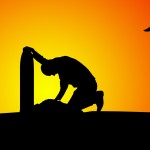
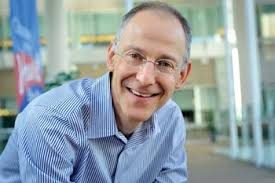

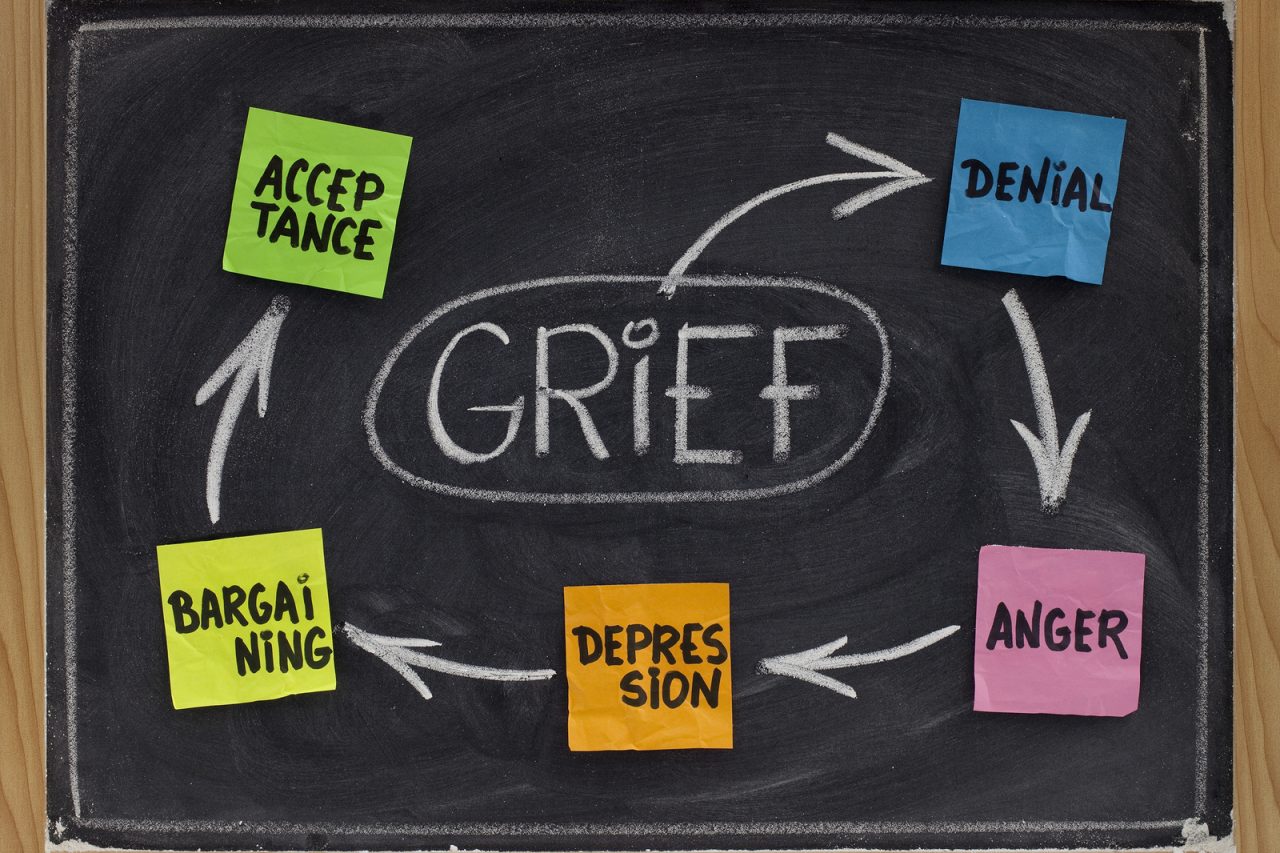
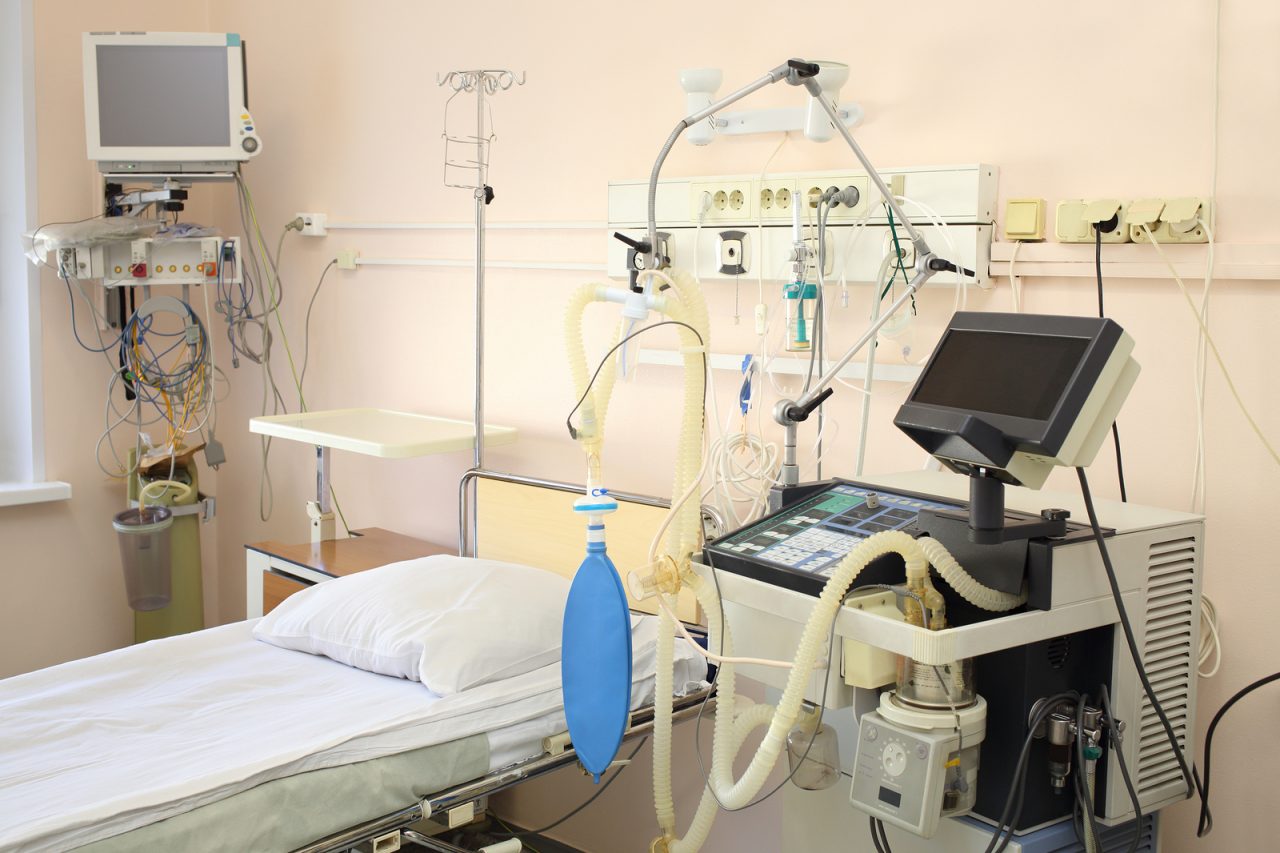
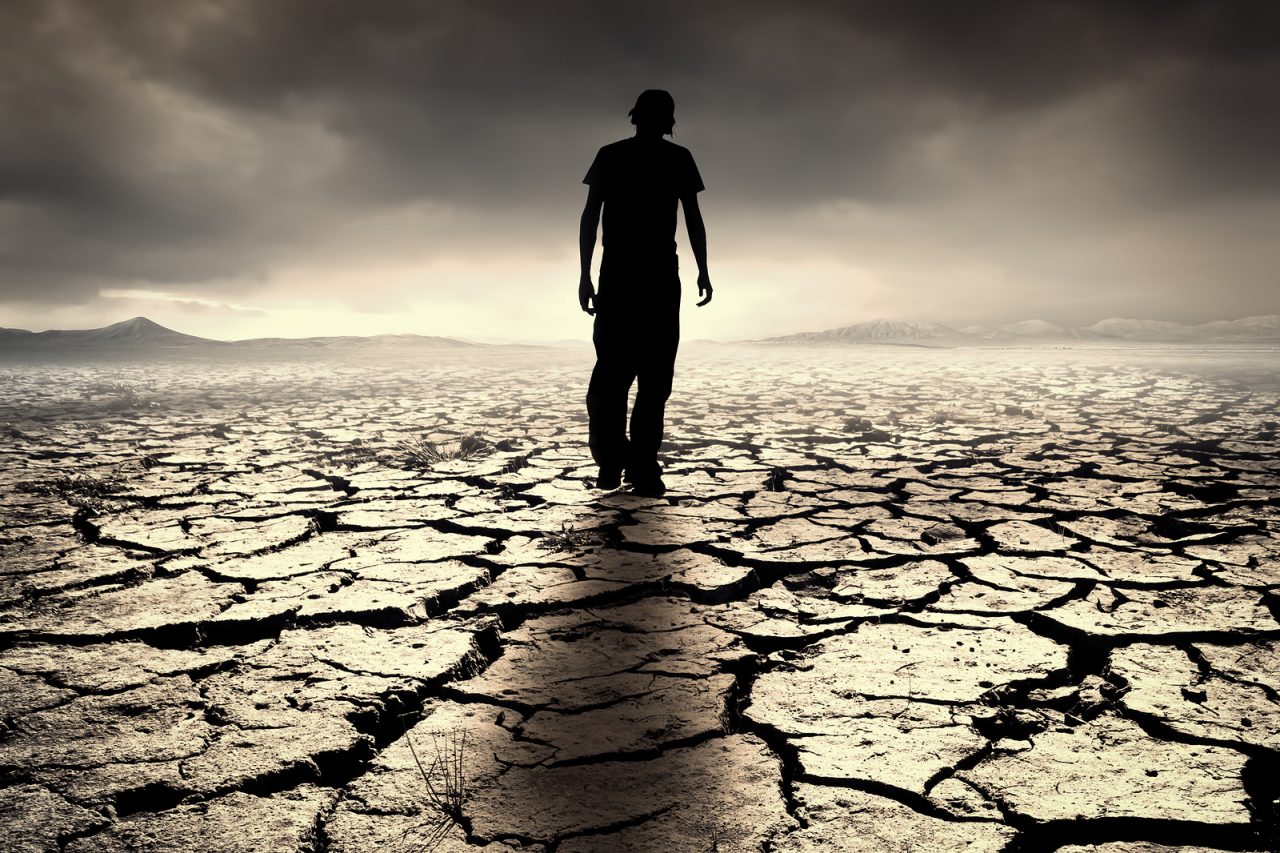
10 Comments